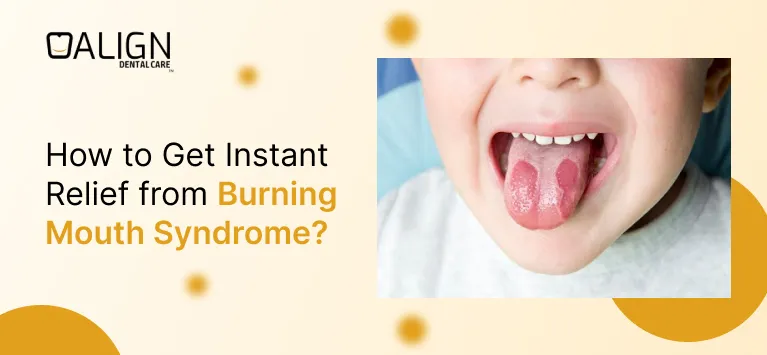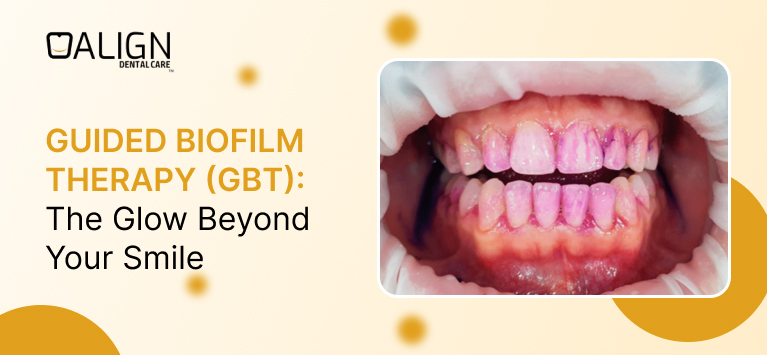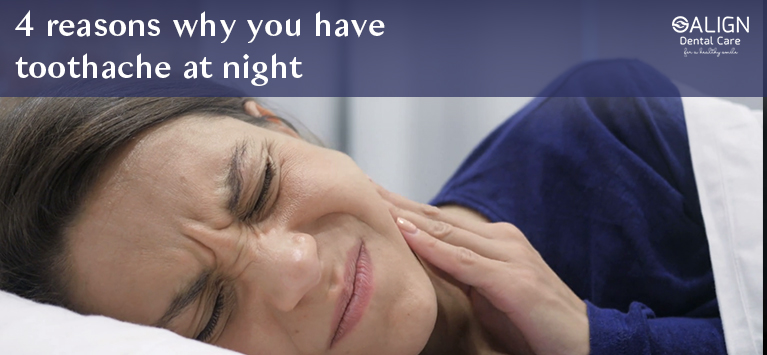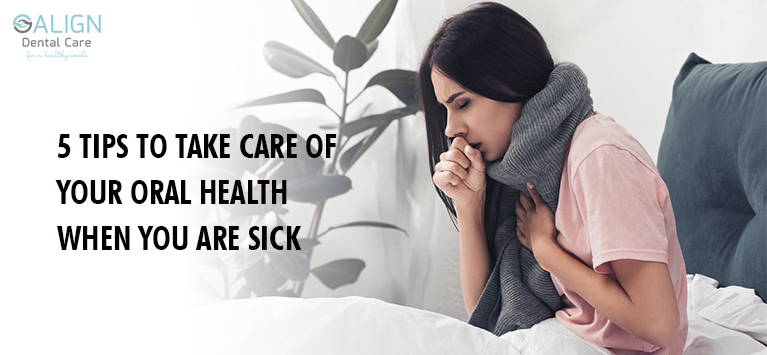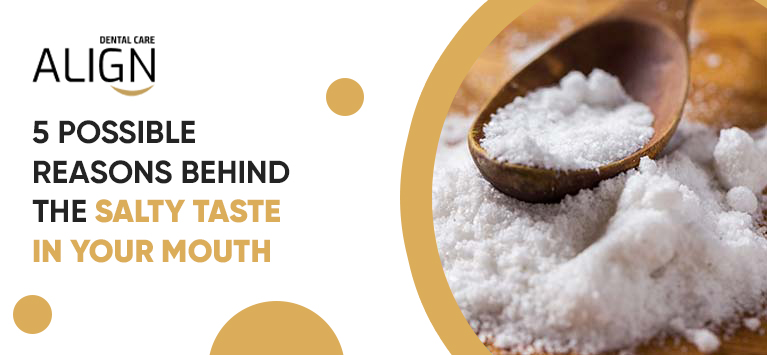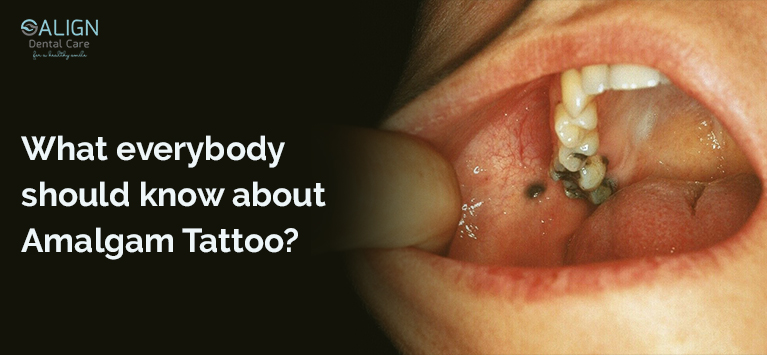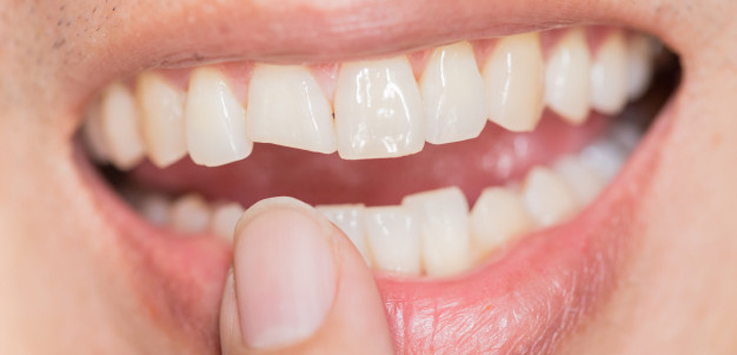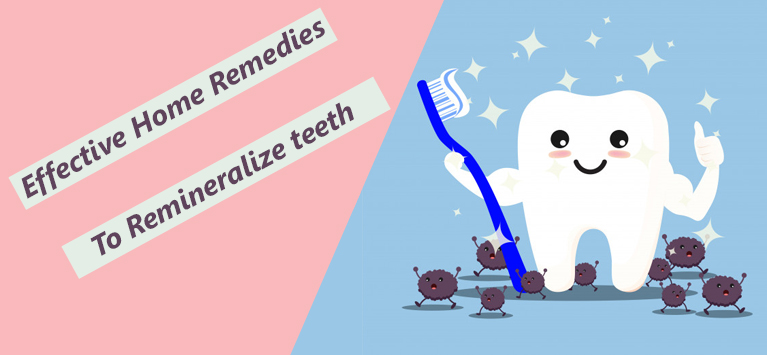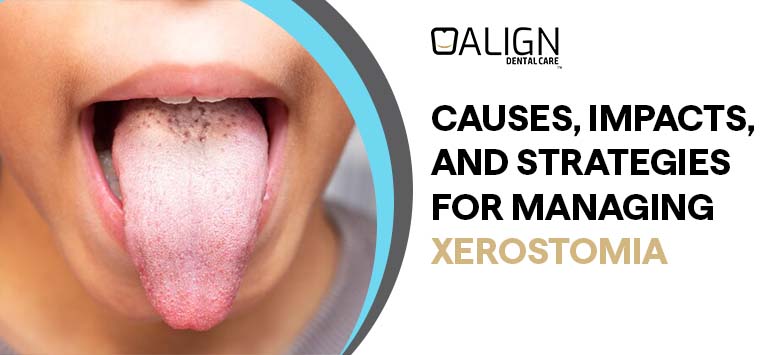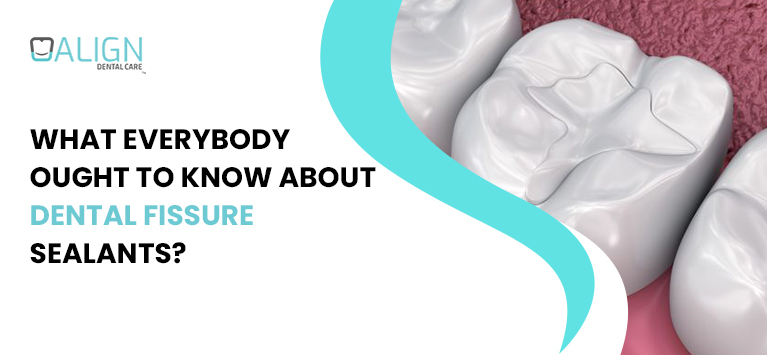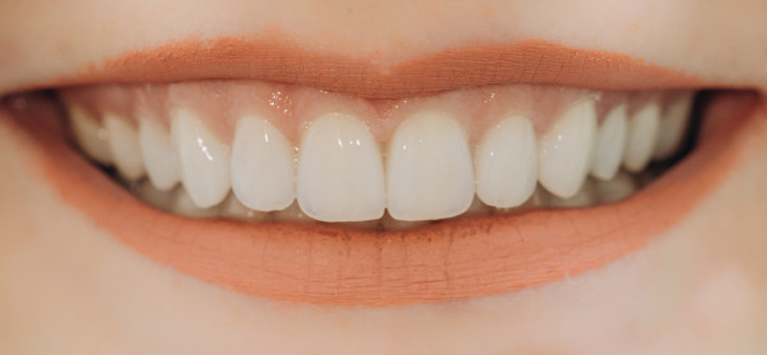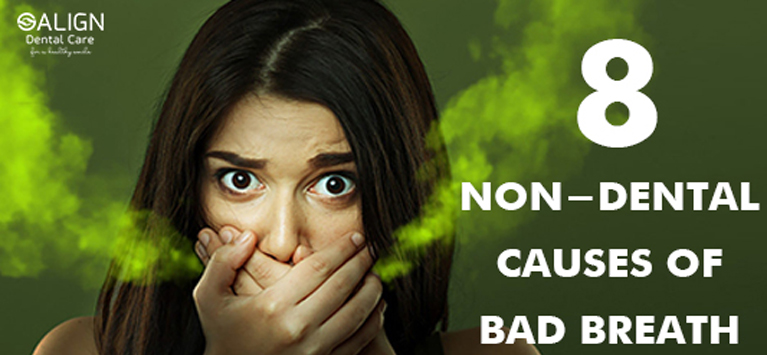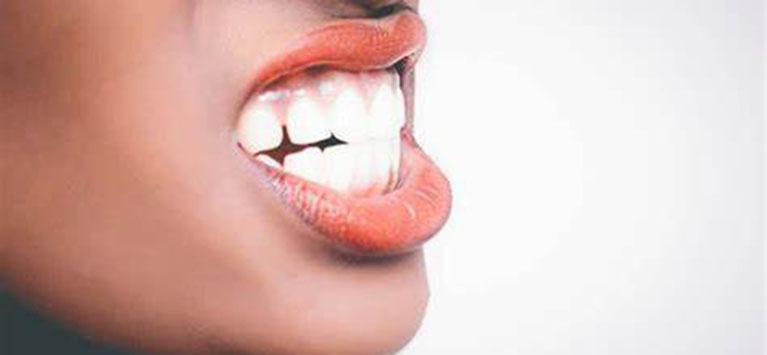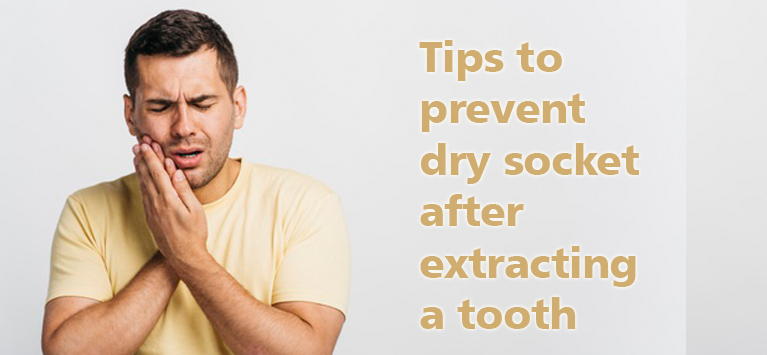
Tips to prevent dry socket after extracting a tooth
Once a tooth is extracted by the dentist, the body produces a blood clot to preserve the newly exposed nerves and bones.
If the clot is disrupted, the bones and nerves are left exposed to bacterial infection and pain.
It not only delays the healing process, it can bring you extreme distress, with pain pulsating from your mouth and all over your face.
As per the American Dental Association (ADA), your dentist may install new dressings to help enhance clotting and boost healing, but it is better to follow dry socket prevention to eliminate the problem.
Prevention methods
Dry socket protection isn’t too challenging; you’ll probably return to normal as long as you care about the extraction area properly. Follow the below steps to maintain your extraction area healthy and clean during the healing process.
Drinks and foods
You may not think about eating immediately after the extraction, but then when you begin to feel hungry, switch to soft foods, and it is important to chew on the opposite side of the extraction site. Drink a lot of water but avoid caffeinated, sugary or alcoholic beverages. Sucking through straws will remove the blood clot, hence, avoid using straws until your dentist recommends.
Use of Tobacco
The use of Tobacco is one of the major reasons for dry socket. If you smoke or chew tobacco within forty-eight hours of surgery, it will slow down the healing process and result in severe pain. Smoking advance bacteria into the area, while tobacco chewing interrupts the healing clot.
Hygiene
You should wait for about twenty-four hours before cleaning the area of the extraction to allow the formation of the clot and star safeguarding the extraction area. Instead, you can softly brush other teeth and tongue. A day after extraction, rinse your mouth gently with an antibacterial mouthwash to eliminate germs that may affect the extracted area.
Relax
Try to take rest after extracting your tooth. You will probably want some time to wear off the anesthesia effects, and it may feel drowsy or tired. Stop playing sports or taking part in physical activity that might interrupt your mouth. Getting back to your daily activities may require a few days, but you can still experience some residual pain and be stressed. You can use acetaminophen or ibuprofen. In case the pain gets worsen, spreads through face, or is followed by redness, swelling, and fever, contact your dentist immediately.
An extraction of the tooth may be nerve-racking, but by following the advice of your dentist or oral surgeon, your healing will be uneventful. Dry socket will disturb the healing process, so ensure you’re mindful of your drinking, eating, and sanitation habits in the days after your extraction, so that it will be easy to prevent the issue entirely.
Suffering from a toothache? Call us immediately or book an appointment now.






